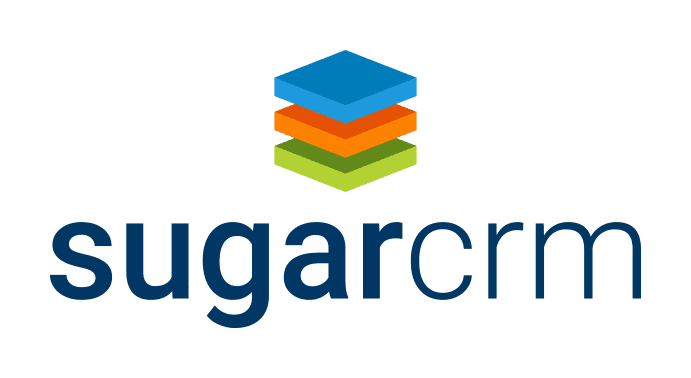Keeping up with the pace of technology can be challenging. It’s Moore’s Law that tells us how the speed and capability of computers can double every two years, quickly surpassed by newer models and becoming obsolete. Businesses need an Enterprise Resource Planning (ERP) solution that maximizes gain and mitigates costs, one that integrates the latest innovations, technological trends, and business software solutions for long-term.
Cloud-based ERP systems have quickly become the standard for modern businesses, offering all the functionality of dedicated on-premises hardware without the need for costly equipment purchases, routine maintenance, and dedicated IT staff. Particularly as the recent Coronavirus Delta variant surges threaten economic stability and increase the likelihood of returning to remote and hybrid working models, cloud-based ERP solutions provide companies leverage. This comes in the form of flexibility, security, and support to confidently move into an uncertain economic environment future.
Businesses hoping to maintain operational continuity throughout the upcoming winter (that will surely bring persuasive calls for new restrictions) are astutely migrating their systems to the cloud.
Benefits of Cloud Migration
Comprehensive cloud-based Sage ERP solutions like Sage 100 Cloud series and Sage Business Cloud X3 help organizations keep up with the pace of innovation by providing valuable business intelligence, advanced automation applications, and effective accounting solutions.
These systems continually integrate the latest technological advancements and help lower costs – directly and notably affecting a company’s bottom line. Below, you’ll find some of the key benefits for businesses that choose to upgrade to the cloud and how a cloud-based ERP system helps a company maximize its ERP investment.
Flexibility – Cloud-based ERP solutions allow businesses to remain technologically agile, minimizing infrastructure needs without sacrificing functionality. As the continued Covid-19 pandemic causes rapid changes in how some companies do business, industry leaders need the flexibility to respond to last-minute mandates, restrictions, or shutdowns. By fully supporting remote operations, cloud-based ERP solutions help ensure business continuity regardless of the ability to go to the office. Business managers can securely access critical systems, monitor vital KPIs, and quickly respond to supply chain issues that might further disrupt the flow of operations. This kind of continuity security gives investors confidence moving forward, as economic uncertainty seems the order of the day.
Scalability – Many ERP solutions offer on-demand scalability options to help their clients respond to rapid growth. As part of a comprehensive package tailored to individual businesses, industry leaders gain the confidence to move into untapped markets and take risks. Cloud-based ERP solutions facilitate the scalability process, minimizing any disruption to operations that upgrades might cause and help ensure ERP investments never become outdated or obsolete too quickly.
Security – Maintaining digital security is one of the most critical benefits of cloud-based ERP solutions, particularly as businesses adjust to hybrid and remote operational models. Security breaches can disrupt industry and generate unnecessary expenses under the best of circumstances; under the worst, they can completely cripple a business’s ability to function. By centralizing data with cloud-based ERP solutions, companies can minimize the risk of security breaches through AI-enhanced system observation, threat elimination, and recovery support. AI solutions monitor and restrict access to sensitive systems with multilevel authentication protocols, even remotely wiping data from stolen company hardware. Cloud-based imaging backups minimize downtime caused by the recovery process.
Predictability – Operational reliability and accurate budget forecasting are essential for companies to remain successful and competitive. Predictable outcomes for staff scheduling, accounting, internal/external communications, and IT budget planning provided by a cloud-based ERP solution can help ensure that a business meets its operational goals while satisfying company investors.
Maximize Your Investment
By migrating to cloud-based ERP solutions, industry leaders are maximizing their investments to help secure long-term gains. Considering the pace of technology and uncertain public health issues, on-premises ERP systems may no longer be adequate to meet modern enterprise needs. Prudent strategizing is the key to maintaining success moving forward, with cloud-based ERP becoming more and more attractive for securing business longevity.

